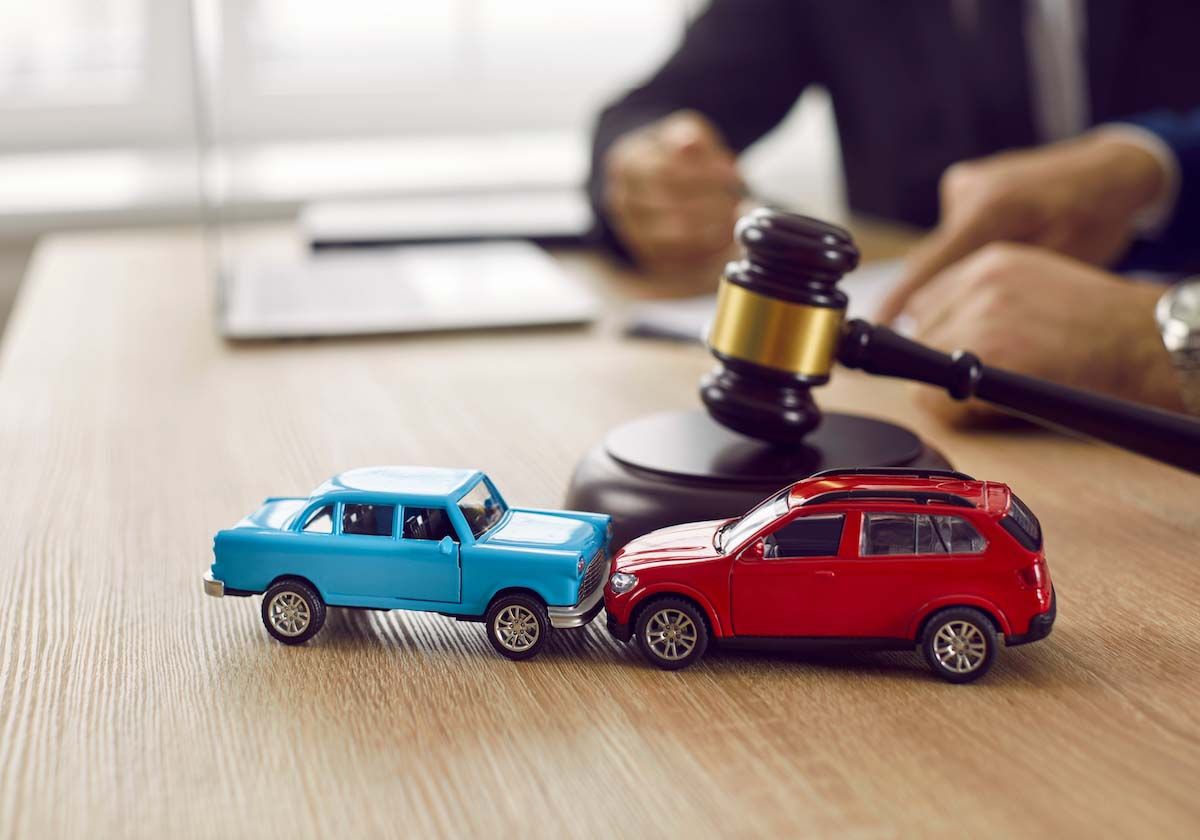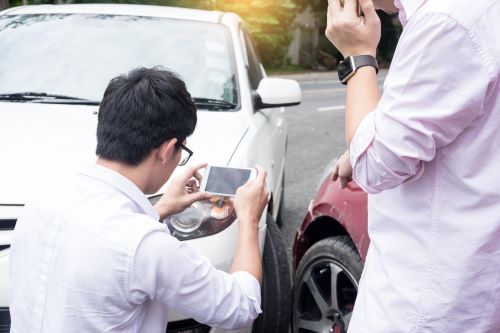How To Prepare for a Personal Injury Deposition
If you have been injured in an accident and have filed a personal injury claim, you may have to give a deposition. Though it is an important step in building a personal injury case, there are ways to prepare for an effective deposition. Preparation is key, as a deposition is an opportunity for both parties’ attorneys to gather evidence. Your attorney is your ally and will be with you throughout the entire process.
It’s natural to have questions regarding your personal injury deposition. You may wonder how to prepare for a deposition or even what a deposition is. The more comprehensive your preparation, the more effective your deposition is toward a positive outcome.
Below is a guide to help you understand what to expect and how to prepare:
What Is a Deposition?
Before delving into how to best prepare, it’s essential first to understand what a deposition is. Depositions typically occur in an attorney’s office and are recorded by a court reporter responsible for providing transcripts. A witness (deponent) is asked questions under oath by the attorneys to preserve the witness’s testimony and gather facts about what the witness knows. The attorneys use this information to gather evidence and prepare for trial.
Lawyers from each side are present and have opportunities to ask questions. It’s important to answer these questions carefully and truthfully; the deposition could be used in court, and false statements can have civil and criminal penalties. Under most circumstances, a deponent is obligated to answer all questions. Your attorney will search out favorable evidence, while the opposing attorney will seek evidence favorable for their client. The preparation leading up to your personal injury deposition will better ensure you are not surprised by their questions and are poised to answer truthfully and cautiously.
Review the Facts
One of the best ways to prepare for a deposition is by reviewing the facts of your case with your attorney. You must answer questions correctly and accurately. Review pertinent details surrounding the accident, any injuries, and treatment received. You’ll need to include what happened and the timeline of events and resulting injuries or pain and suffering.
Make sure to review the strong points of your case. Is the defendant liable? How have the injuries affected your life? Think through the injuries and how they impact your daily life. Record your experience, keep detailed notes, and review statements and medical records. The opposing attorney will try to poke holes in your case, but your attorney can help you understand how to answer questions meant to discredit your testimony. Reviewing the facts of the case keeps these facts at the forefront of your memory. It enables you to answer truthfully without allowing the opposing attorney to confuse the details with leading questions.
Listen Carefully and Pause Before Answering
Listen to the entire question before answering. It’s essential to fully understand the question before answering. Listen, pause, then answer. Pausing allows you time to think through your response and allows your attorney to object if necessary.
If you do not understand, ask for clarification. Don’t answer a question you don’t understand, as this can lead to false information or misrepresenting the facts. If you are in doubt, ask for clarification or rephrasing. If you did not hear the question, ask the attorney to repeat it. Remember to stay calm; you have a right to understand each question, and taking the necessary time is okay.
Don’t Volunteer Information
Only answer the question that is asked. Once you answer, stop talking and wait silently. Though you are under obligation to answer asked questions, you are not obligated to explain your answer unless explicitly asked to. Answer the question that is asked and refrain from volunteering additional information.
Keep your answers brief, and refrain from adding information that the attorney did not request. If an attorney needs an explanation, they will ask for it. If the answer is a simple “yes,” then respond with “yes” and quietly wait for the next question.
Answer Truthfully
A personal injury deposition is under oath, so you must answer truthfully. Lying or trying to distort the facts in your favor can harm your case. Answer truthfully and keep to your original answer. Changing your testimony can be detrimental. If the opposing attorney repeatedly asks similar questions, keep to your testimony. They can use this tactic to sway your testimony so you eventually give a different answer.
If you do not know the answer or don’t remember, simply say so. “I don’t know” or “I don’t remember” are acceptable and appropriate answers. If you are unsure about a particular detail, don’t guess or make assumptions, as this can harm the case. If you genuinely don’t know or cannot remember, respectfully say so.
Communicate With Your Attorney
Your personal injury attorney represents your interests, so it’s important to communicate with them honestly. This is especially true if you have concerns regarding your case. If you believe there have been any mistakes in your testimony, communicate this to your attorney during the break. Let your attorney know if you forgot to mention an important detail. These can be clarified after the break, on the record.
It’s also important to note that questions can be asked regarding your background beyond the accident. These include your education, credit history, personal relationships, prior accidents, etc. These are typically not admissible, but if there is anything problematic in your background, notify your attorney so they can advise you how to answer.
Remember, your attorney is your ally in your personal injury deposition. When you need legal representation in Oregon or Washington, contact the team at Warren Allen LLP. We provide solid advice and representation to help you receive compensation. Equipped with the right attorney, you can stay calm and professional, knowing you are thoroughly prepared for a successful deposition.



